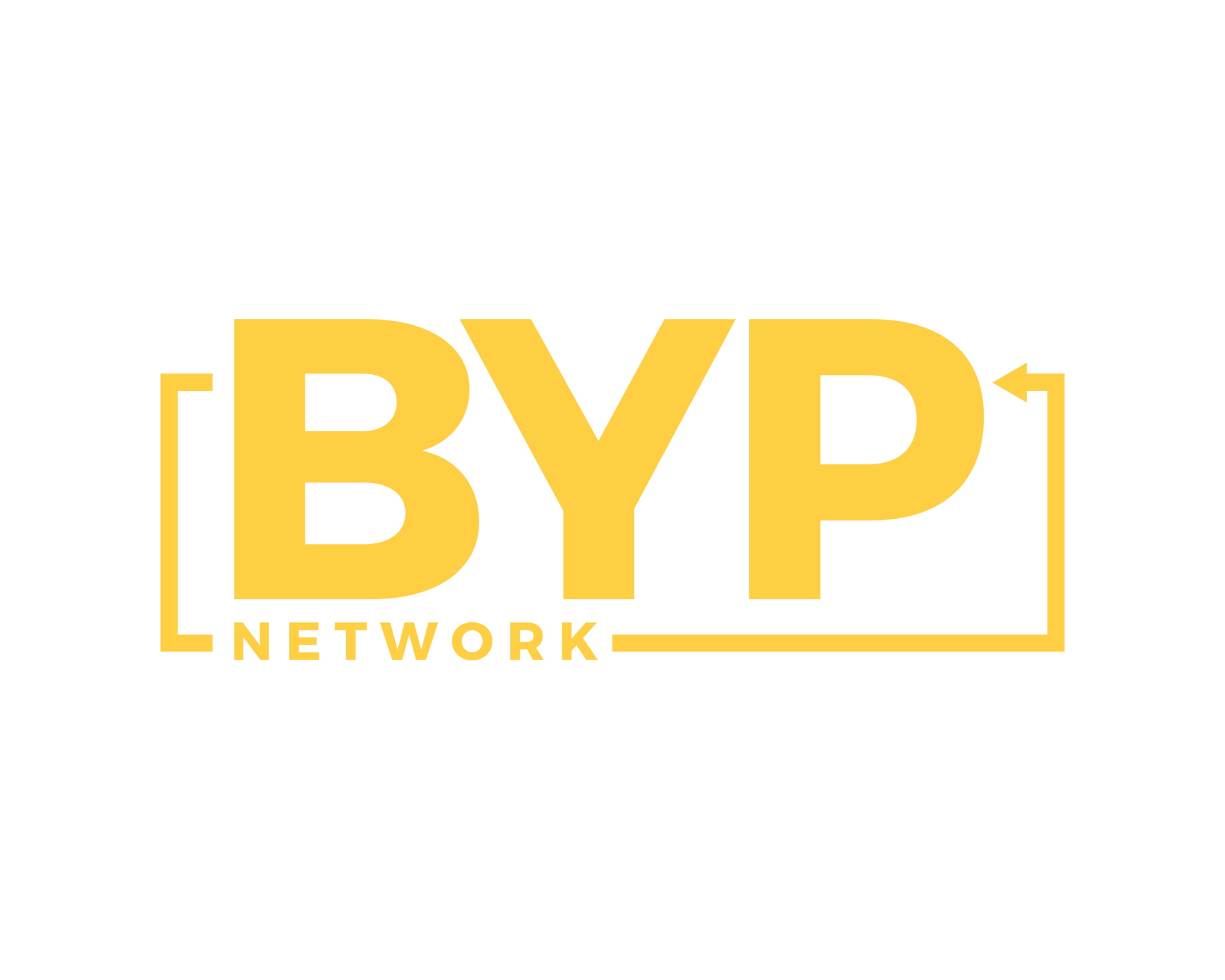Webster defines mentorship as the influence, guidance, or direction given by a mentor. But, what does that mean in an applicable sense, particularly in the context of Black mentees receiving guidance from non-black mentors professionally? The BYP Network works to acknowledge this by creating a bridge for predominantly non-white led corporations to ally with Black professionals from a place of equality rather than power. In our work to drive racial equity in the workplace, our mentorship program broadens the scope of access to information and networks for professionals of colour to create equity in the workplace.
The value of mentoring
The benefits of a mentor in one’s career are endless. Mentorship plays a vital role in the trajectory of one’s ability to reach the highest rank in their respective industry. In fact, studies show that 71 per cent of fortune 500 companies have a mentorship program with 25 per cent of employees reporting a pay-grade increase from being enrolled in a mentorship program. However, 31 per cent of Black employees report having access to senior leadership compared to 44 per cent of their white counterparts. These inherent systematic obstacles hinder Black professionals from career advancement and economic growth.
To properly address and correct the racial biases and inequality in corporate America, business leaders must first acknowledge the historical experiences of marginalized groups and commit to supporting communities of colour through mentorship.
Here are a few tips for businesses looking to propel their diversity and inclusion policies and gain the most from their mentorship with BYP.
Acknowledge and uproot internal biases
In the wake of the death of George Floyd, the world opened its eyes to what Black people have known all along, that the injustice of systematic racism must end. A worldwide call to action to address and dismantle systems of racism inspired some companies like Nike, who recently pledged to increase their minority representation in executive positions to 30 per cent by 2025, to take the opportunity to set create pathways to deter discrimination against Black professionals by taking a proactive approach to educating themselves about the full spectrum of Black experiences. This is also true when mentoring Black professionals.
To address workplace racism, it’s vital that companies take the time to thoroughly research and take inventory of personal and professional implicit biases and how these beliefs may manifest within their company’s practices and culture. This can be done by identifying and addressing personal privilege, reviewing biases and whether or not they help or hinder Black professionals from advancement into leadership roles.
Mentors committed to the process of introspection should ask themselves, ”What were they taught about Black people in their communities?” What have they done consciously or unconsciously to perpetuate racism against Black people at work, and how can they daily make the effort to change? Only after this ruthless self-analysis where corporate administrators and leaders are willing to challenge personal values about what they have internalized about Black communities can there be a mentorship/mentee relationship positioned from a place of understanding to create long-lasting change.
Appreciate diverse perspectives
Workplace racism in the form of microaggressions and lack of support have become a strain on Black professionals to the point that 31 per cent of Millennial Black professionals are planning to leave their current employment to start their own ventures. With them, they will take innovative ideas and perspectives they feel are not appreciated or valued.
When mentoring Black professionals, corporate leaders can earn an enormous amount of insight from the vastness of ingenuity, talent and ideas that Black professionals bring to the table. By celebrating and welcoming Black culture and the different perspectives that these professionals bring, it can foster a more authentic mentor/mentee relationship that allows for growth and collaboration.
Be compassionate
The Centers for Disease Control and Prevention (CDC) reports depression interferes with a person’s ability to complete physical job tasks about 20 per cent of the time and reduces cognitive performance by about 35 per cent of the time. Exposure to consistent covert and, at times, overt discrimination at work can wreak havoc on the mental health of Black professionals leading to depression and anxiety.
Offering your mentee a listening ear, empathy and support can make all the difference to their overall well-being and assist in alleviating some of these related challenges.
Share resources and open doors
It has often been said that one’s network is their net worth. If this is true, a large part of your diversity and inclusion efforts success relies heavily on your ability to open new doors and opportunities for Black professionals. This can include making sure everyone has equal access to advancement and diverse perspectives are taken into account when making company decisions.
For forward-thinking and innovative company leadership in need of growing sustainable and effective diversity and inclusion programs, we encourage you to sign up for our BYP newsletter and partner with us. Let’s make the change we want to see.
Apply now for free to the BYP Mentoring Programme to find your perfect mentor
Interested in becoming a mentor? Get in touch.






